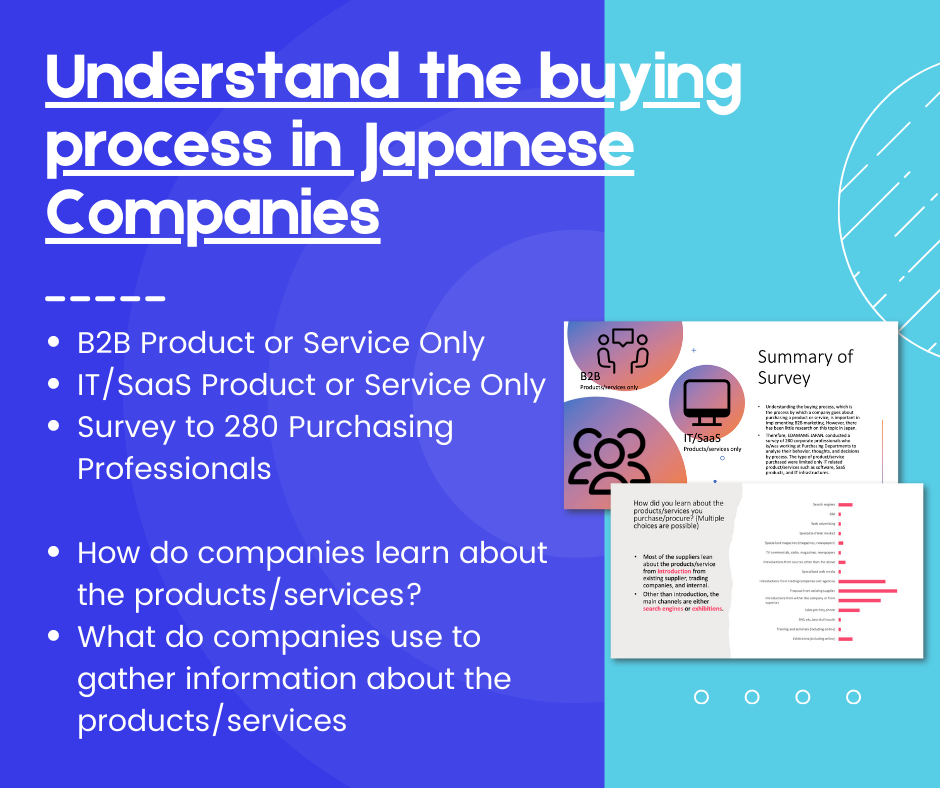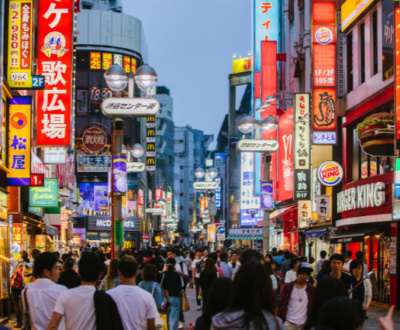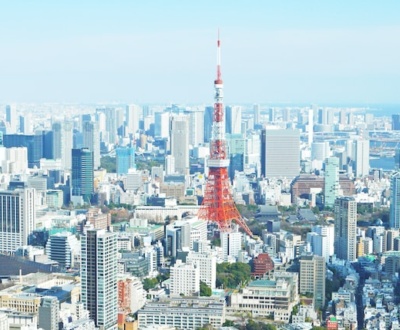The corporate culture of Japanese loyalty: Why do Japanese have loyalty toward companies?

Last year, railroad companies in the Tokyo metropolitan area implemented planned shutdowns during work hours due to typhoon No. 15’s landfall.
However, there were long lines around the stations waiting for the trains to start running. Why do people go to such lengths to get to work?
Why the Japanese have such loyalty toward companies, and what are the reasons behind that?
- The loyalty toward Japanese lifetime employment
- The Japanese habit of heading to work without company orders
- Japanese loyalty toward the companies does not mean the employee like the companies.
- If the Japanese hate the companies, why they still have loyalty?
- Are the Japanese really have loyalty toward their companies?
The loyalty toward Japanese lifetime employment
In Japanese corporate society, working “for the company” takes priority than working “for yourself” and is usually regarded as an unquestionably common sense behavior. A simple question: how did the Japanese come to prioritize and have loyalty to “the company”?
The one possible answer is that lifetime employment, which became common practice in the right up to the bubble bursting around the early 1980s, has demanded behavior that prioritizes “the good of the company.”
Under the lifetime employment practice, the company essentially GIVE employees “job security (until retirement)” and take from them “long-term contributions” and “patience and perseverance” (where employees cannot do what they want to do).
For this reason, when a Japanese person joins a company, he or she is expected to be loyal to the company and to serve the company even at the expense of the individual and sacrifice of their personal life, which seems to be very reasonable under this GIVE & TAKE relationship.
However, on the other hand, after the bursting of the bubble economy, the form of “job security” that the company had given to its employees has been broken.
Salaries for regular employees no longer continue to rise until retirement, and the probability of restructuring, such as the early retirement incentive program, has increased before retirement is reached. In other words, the traditional GIVE has become unstable.
Despite this, the fact that many Japanese corporate employees continue to prioritize their actions “for the good of the company” is a bizarre thing to see through the lens of the world. It is why the Japanese have loyalty toward companies.
The Japanese habit of heading to work without company orders
The trend that dominates Japanese companies in Japan is;
- Employees are not allowed to work from home or stagger their work hours.
- Working long hours and an employee’s willingness to stay with the company for a long time is valued.
- Going to work in the middle of a typhoon is a sign of loyalty.
All of these things together make it hard to do anything differently, side-by-side, and not only will they not be valued, but they may be negatively assessed. Therefore, unless you are ordered by the company to do so, you are forced to go to work even if it is a typhoon or heavy snowfall.
All of these may seem loyalty toward the companies, but it is fundamentally different.
Related article: Meishi – How to exchange Japanese business card and not-to-do list
Japanese loyalty toward the companies does not mean the employee like the companies.
It is said that Japanese companies have used the triumvirate of a seniority system, lifetime employment, and in-house labor unions to cultivate employees who are highly loyal to their companies.
This has been facilitated by strict regulations on dismissal and a system that does not allow for employees’ easy sacking once they are hired. Japanese companies were able to achieve rapid economic growth through a unified team’s power, even if each individual was not strong enough.
In fact, surveys show that today’s Japanese have surprisingly low levels of loyalty to their companies, even in the past. The Gallup survey found that Japanese employees’ engagement with their companies is relatively low.
Only 7% of all Japanese respondents said they liked the company, about 70 percent (69%) said they neither liked nor disliked the company, and the remaining 24% said they disliked the company.
These numbers are even more striking when compared to Americans who like the company (30%), like or dislike the company (52%) and dislike the company (18%).
In other words, employee dissatisfaction tends to build up in Japan, where employees cannot quickly leave their jobs for various reasons.
Therefore, Japanese employees look loyal to the companies because of the above behaviors, but this is actually not the case. They actually hate their companies.
If the Japanese hate the companies, why they still have loyalty?
If the Japanese employee doesn’t like their companies so much, why don’t they change jobs?
There are many reasons why Japanese people cannot leave their jobs by their wills.
First, compared to companies in other countries, the employment environment is equal and more friendly. They lose the courage to expose themselves to competition from the outside world if they are lukewarm.
At Japanese companies, salaries don’t rise dramatically, but if you can’t do your job, you aren’t immediately fired, and make room for you. It’s a comfortable place to work for people who want to take it easy.
On top of that, the job market is not as fluid as it used to be. Even if you make an effort to move out of the company, mid-career hires are treated as outsiders, making it hard to keep your head above water.
Even if they are not as good as possible, Japanese companies shine to new employees. If you’re not entirely meritocratic, they would be better off if you stayed with your old company.
Are the Japanese really have loyalty toward their companies?
The obvious answer is no, and they do not have loyalty toward companies, as the Gallop survey explained; however, they looked like they do.
But will such an environment encourage people to grow and develop sufficiently?
The lifestyle of working people in Silicon Valley and New York is challenging. Yesterday’s success is not an everyday occurrence; today’s joblessness is a regular occurrence. On the other hand, there are plenty of ways to come back as a loser.
Which is the best place to live, Tokyo or New York or Silicon Valley?
There is no right answer to this question. But I believe that a life of constant self-discipline and challenge is more human than a life of excessive protection and drift. The time is coming when not only managers but also ordinary employees will be subjected to this kind of competition.
Even if you are a little dissatisfied, you can still have a reasonable life financially if you are obedient and work hard. It is not surprising that the reward for loyalty to a company is a seniority system and lifetime employment. This system has indeed supported the growth of post-war Japan.
About us and this blog
We are a digital marketing company with a focus on helping our customers achieve great results across several key areas.











